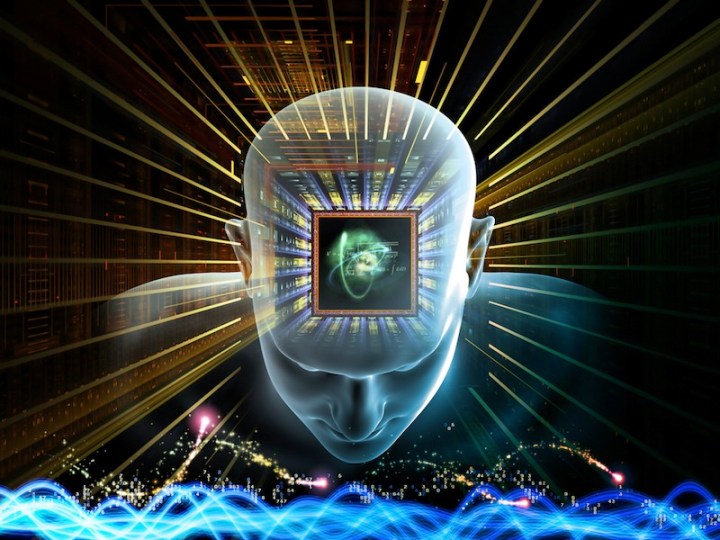
Today’s AI efforts are led by organizations like Microsoft, Facebook, Alphabet, and Elon Musk’s OpenAI initiative, and while those efforts receive significant investments, they are limited by working in the confines of research facilities. On Monday, Alphabet’s Google and OpenAI both announced that they are open-sourcing their machine-learning solutions, Engadget reports.
For OpenAI, the open-source code being released is its Universe software platform, which it says “lets us train a single [AI] agent on any task a human can complete with a computer.” By releasing Universe as open-source software, OpenAI will benefit from having a much larger group of researchers testing and training the intelligent software agents that make up its AI. Everything from Flash games, browser tasks, and more elaborate games such as Grand Theft Auto V can be used to present new environments and tasks for the intelligent agents to work on.
The OpenAI blog describes the effort by saying, “Our goal is to develop a single AI agent that can flexibly apply its past experience on Universe environments to quickly master unfamiliar, difficult environments, which would be a major step towards general intelligence. There are many ways to help: giving us permission on your games, training agents across Universe tasks, (soon) integrating new games, or (soon) playing the games.”
Google will is releasing its DeepMind Lab training environment codebase on GitHub, which will allow any programmer to plug DeepMind into their own systems. Like OpenAI, Google hopes that releasing the code as open-source software will dramatically expand its exposure to more complex environments and situations. The DeepMind Lab environment uses a 3D platform that is similar to a game to enable AI research based on intelligent agents.
Some of the things DeepMind can do are described in a Google blog post. “Example tasks include collecting fruit, navigating in mazes, traversing dangerous passages while avoiding falling off cliffs, bouncing through space using launch pads to move between platforms, playing laser tag, and quickly learning and remembering random procedurally generated environments.”
OpenAI and DeepMind represent different approaches to open sourcing their AI, with OpenAI working with gaming publishers like Electronic Arts and Valve to add titles to Universe and Google spreading the code to researchers. Their goals, however, remain similar — to expand their AI platforms’ exposure to the outside world and thereby improve those system’s ability to make real-world decisions.
Editors' Recommendations
- ChatGPT AI chatbot can now be used without an account
- OpenAI boss takes Sora tech to Hollywood, report claims
- OpenAI’s new AI-made videos are blowing people’s minds
- Google Gemini vs. GPT-4: Which is the best AI?
- OpenAI and Microsoft sued by NY Times for copyright infringement



